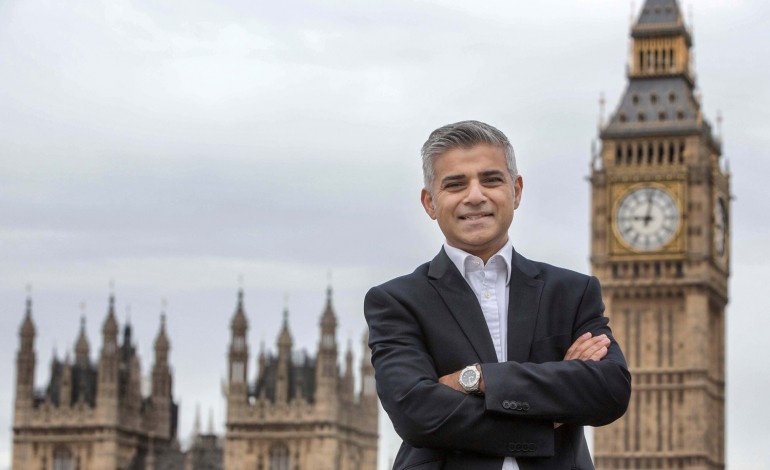
London’s Mayor Sadiq Khan has announced plans to scrap the controversial Form 696. Khan believes abolishing this heavily criticised form “will help London’s night-time economy thrive and shows London is open to music artists and DJs.”
FINALLY they are scrapping Form 696. For anyone that doesn’t think it’s racist, in over a thousand shows we’ve had to fill it out once. That show was an event put on by the Jamaican tourist board.
— The Skints (@theskints) November 10, 2017
Form 696 was first introduced in 2005, and was used predominantly by the Metropolitan police. It was introduced in direct response to several shootings in nightclubs across England’s capital. The Form required promoters and licensees from all over the country to to fill out the form, which asks for the names, stage names, addresses and phone numbers of all promoters and artists at an event.
Its official, a form that has attempted to block the music we love so much, from living in a live event space has been scrapped! #Form696 pic.twitter.com/EhRZie9z4k — Nokia Times (@nokia_times) November 10, 2017
The form first came under criticism as far back as 2009, when two questions asking for the ethnic make-up of the audience and music genre were removed from the form after many complaints of racism. Grime music was believed to be a specific target of this, with artists such as Giggs and P Money suffering heavily after information was passed on to police via the form, and both had their respective tours cancelled.
The Grime community has never forgotten this, and since 2009 have continued to point the finger at the police, claiming that Form 696 was manipulated to allow police to specifically target black music events in London.
The Metropolitan Police issued a statement on the scrapping of Form 696, which reads: “There is no doubt that over the last decade a number of serious incidents have been prevented through the effective exchange of information, advice and intelligence between the Met, promoters and venue managers as part of this process.
However, we also recognise recent concerns raised by members of the London music industry, particularly around a perception that events associated with some genres of music were disproportionately affected by this process.”
